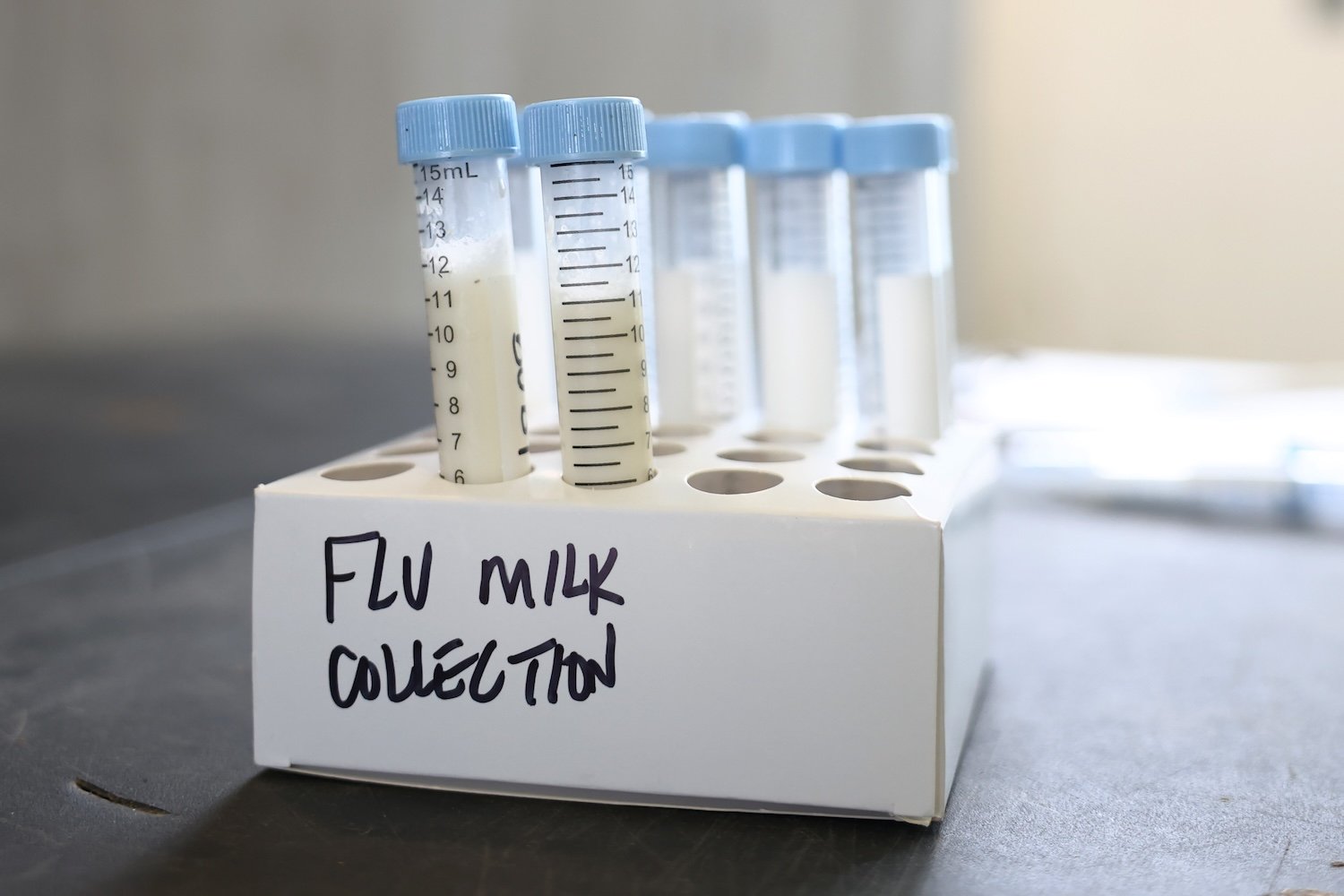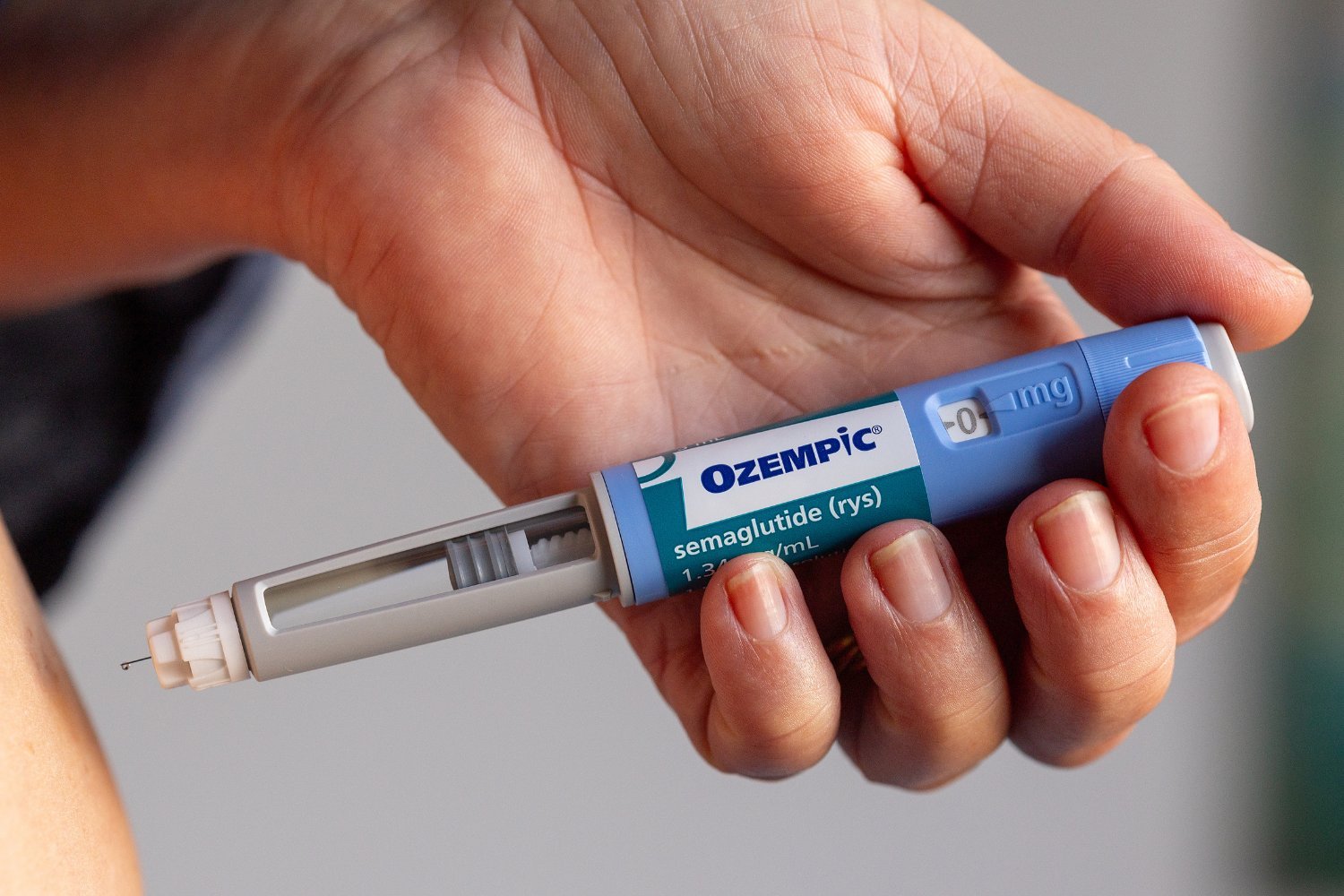The link between alcohol consumption and cancer is a critical public health concern that often goes unacknowledged. Recently, the U.S. Surgeon General, Vivek Murthy, issued a stark warning, highlighting the significant connection between alcohol and various types of cancer while advocating for labeling reforms to enhance public awareness.
This advisory emphasizes the urgency of addressing this preventable health risk. A concerning statistic reveals that less than half of Americans are aware of the potential link between alcohol consumption and cancer development. This lack of awareness underscores the critical need for public education and increased transparency in product labeling.
The Surgeon General’s report provides compelling evidence linking alcohol to cancer. Global estimates suggest alcohol contributes to approximately 700,000 cancer cases annually. In the U.S. alone, alcohol is estimated to be responsible for around 100,000 cancer cases and 20,000 cancer deaths each year. This figure surpasses the number of alcohol-related traffic fatalities, highlighting the magnitude of the issue.
Alcohol consumption is implicated in increasing the risk of at least seven types of cancer: breast, colorectal, esophageal, liver, oral cavity (mouth), pharynx (throat), and larynx (voice box). Notably, alcohol may be a contributing factor in one out of every six breast cancer cases. While excessive and chronic alcohol consumption poses the most significant health risks, studies suggest even moderate drinking (one or fewer drinks per day) may increase the risk of breast, throat, and mouth cancers.
Despite the substantial evidence, public awareness remains alarmingly low. National surveys indicate that only around 45% of American adults are aware of the alcohol-cancer connection. To combat this, the Surgeon General recommends implementing prominent warning labels on alcoholic beverages, similar to those found on tobacco products, clearly communicating the associated cancer risk.
Such labeling reforms would require congressional approval. While the political landscape and potential reception to this initiative remain uncertain, the Surgeon General’s advisory serves as a crucial step in raising awareness.
Beyond labeling, the Surgeon General advocates for additional actions to inform the public. This includes reevaluating existing governmental guidelines on alcohol consumption limits, taking cancer risk into account, and encouraging healthcare professionals and public health organizations to actively communicate the link between alcohol and cancer.
In conclusion, the Surgeon General’s advisory serves as a significant call to action. Increasing public awareness of the link between alcohol and cancer is paramount. Through clear labeling, updated guidelines, and proactive communication by healthcare professionals, we can empower individuals to make informed choices about their health and potentially reduce the burden of alcohol-related cancers.











